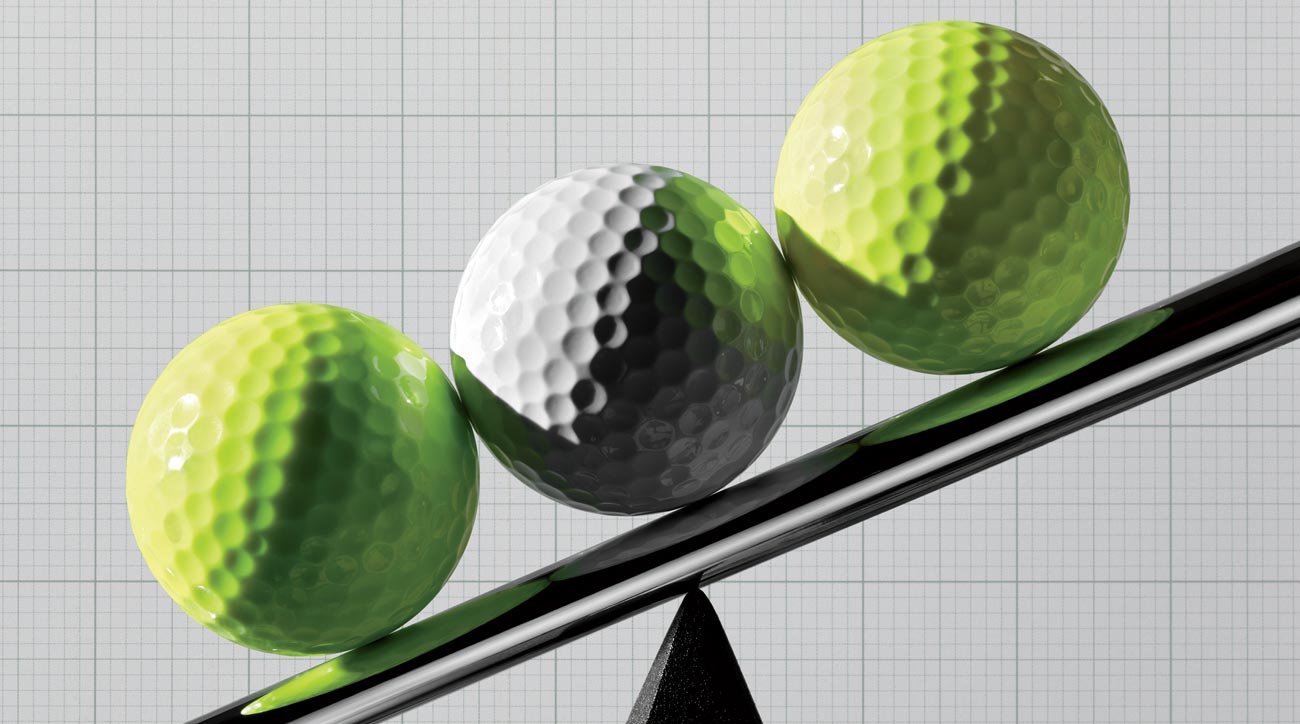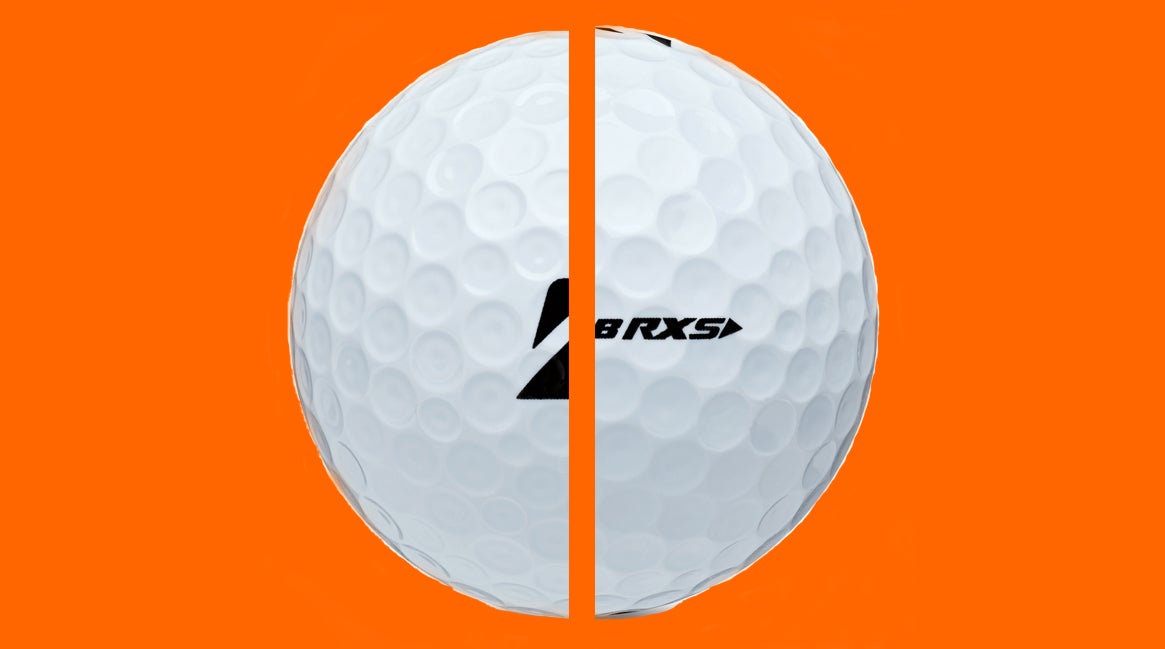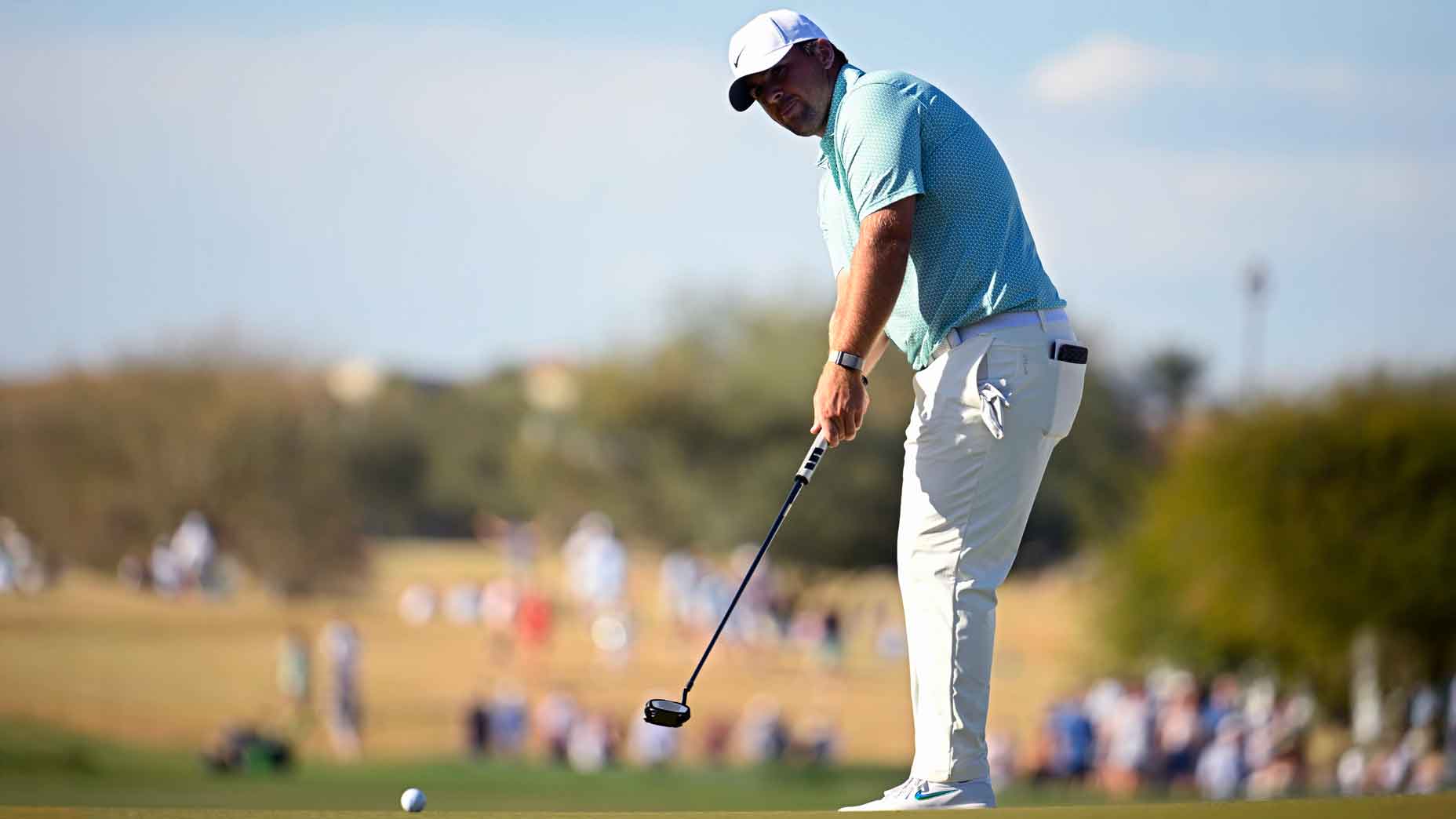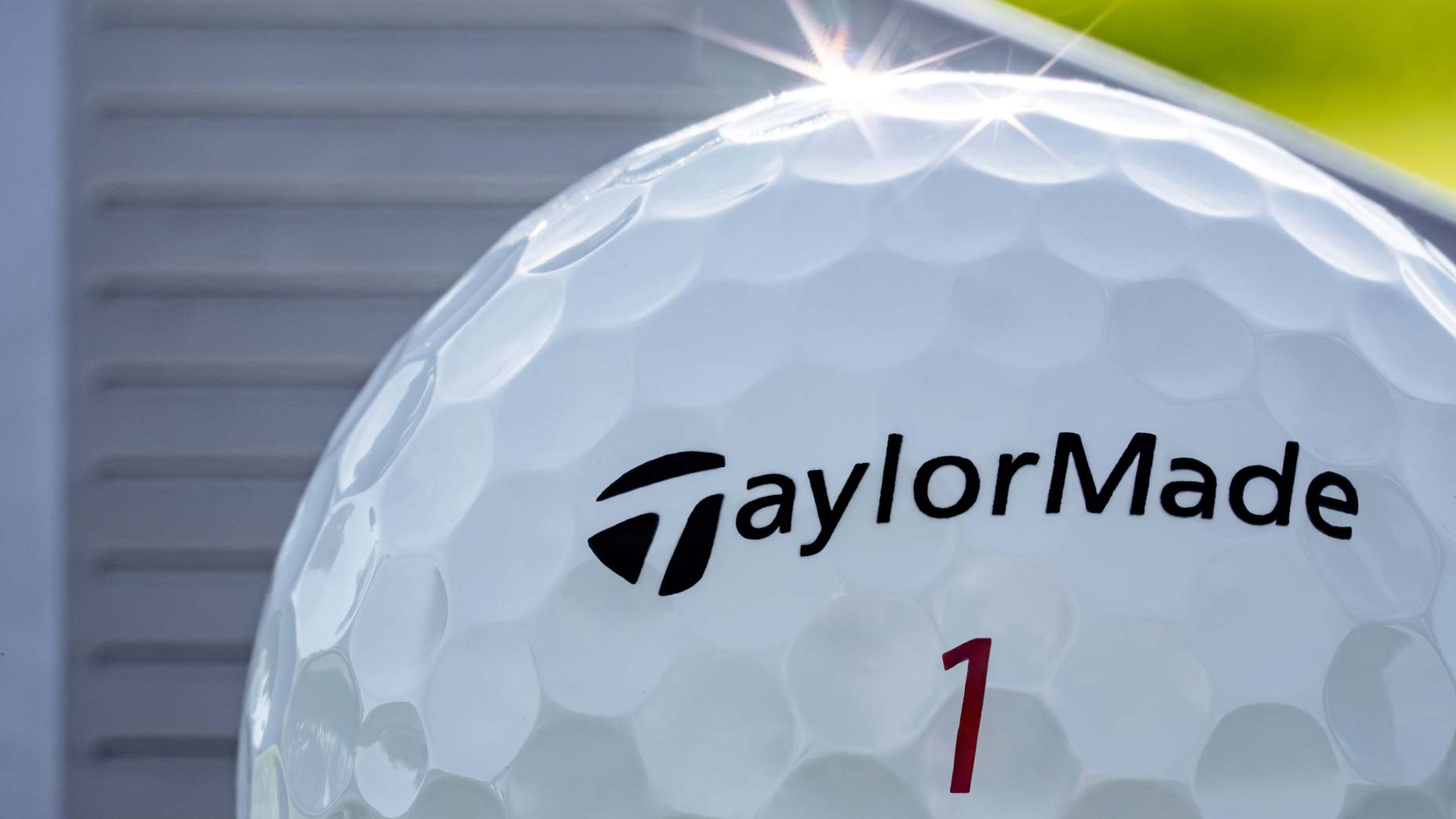 The key gear switch that led to Nico Echavarria’s Cognizant victory
The key gear switch that led to Nico Echavarria’s Cognizant victory
Can playing the wrong compression golf ball hurt your game?
If you’re an avid golfer, chances are good you’ve gone through a club fitting of some sort in the last decade. The most likely is a driver or iron fitting, although you should go ahead and do wedges and putter as well (you can get a high-quality club fitting from our partner True Spec Golf).
But what about a ball fitting?
Considering the money that can be spent on a set of custom-made sticks, it seems downright silly to neglect a key piece of the equipment equation. Depending on how deep you want to go, a typical ball fitting can last anywhere from 20 minutes to 3 hours (the amount of time Tour winner Rocco Mediate spent testing balls recently with Bridgestone).
“You’re spending a boatload on clubs and concentrating on three areas — swing, shaft and clubhead,” said Elliott Mellow, Bridgestone’s Golf Ball Marketing Manager. “And then there’s the ball. It’s overlooked when you’re getting fit, but at the end of the day, you’re still going to spend $45 on a dozen balls before you go play. It’s as simple as, are you spending your money wisely?”
Know your speed
Conducting a proper fitting includes going through the entire bag to find a ball that’s receptive around the green but also produces enough ball speed and an ideal launch with the irons and metalwoods to keep up with your buddies. With a myriad of quality offerings on the market, it’s never been easier to locate a ball that checks all the boxes.
If you’re looking for a good place to start, take a look at your swing speed the next time you get on a launch monitor. Depending on if your swing speed comes in above or below 105 mph, you could benefit from a ball with a firmer or softer compression.
Low compression balls typically fall somewhere in the 70 to 80 range and are intended for players who swing slower and need help compressing the ball to achieve the proper launch and spin rate. A ball with a compression of 90 or above is designed for the higher swing speed golfer — think single-digit handicapper or Tour player — who can effectively compress the ball at impact.
Can playing the wrong compression ball affect my game?
While it can vary from player to player, Mellow noted there are a number of benefits that can be found from using a softer compression ball if you’re a slow swinger.
“If you go to a softer ball that’s more appropriate for your swing speed, the velocity should increase and the spin goes down,” he said. “So you have a scenario where a ball that’s softer and better suited for your swing tempo is not only moving faster, it’s also more efficient.”
On the flip side, using a firmer ball when you don’t have the swing speed to properly compress the core can have an adverse effect on launch characteristics, spin and control.
“If you’re playing a ball that’s too firm for your swing speed, ball velocity goes down and backspin goes up off the tee, he said.
ADVERTISEMENT

Quality contact
In addition to being mindful of the ball’s compression, pay particular attention to the quality of your contact. According to Mellow, 75 percent of players don’t hit the center of the face, which means that even if you swing over 105 mph, a lower compression could actually be the better option in the long run.
“The worst the quality of contact, the softer the ball should be,” Mellow said. “You could swing a million miles per hour, but if you’re not consistently hitting the center of the face, you’re going to be inconsistent with a firmer ball.”
What if I don’t have time for a ball fitting?
If you’re in the market for a new driver but don’t have the additional time to go through a ball fitting, one suggestion would be to pick a brand you typically use and try different models of varying compressions during driver testing. Simply being mindful of the launch and spin numbers — along with the dispersion pattern — as you beat balls could verify you’re using the correct ball or lead you in a different direction.
True Spec Golf and GOLF.com are operated by the same holding company, 8AM Golf.
To receive GOLF’s all-new newsletters, subscribe for free here.
ADVERTISEMENT






